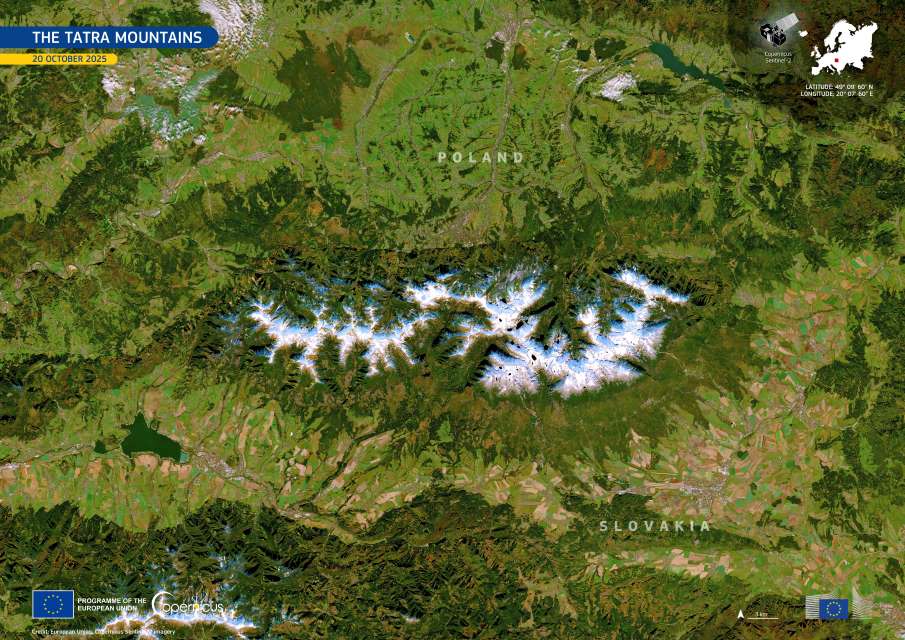Washington, United States | AFP – The United States is moving to grant federal protections to the monarch butterfly — a once-common species recognizable by its striking black and orange patterns that has faced a dramatic population decline in recent decades.
The Fish and Wildlife Service said Tuesday it has initiated a public comment period to consider listing the insect under the Endangered Species Act.
But the looming presidency of Donald Trump, who rolled back numerous wildlife protections during his first term, casts uncertainty over the decision.
“The iconic monarch butterfly is cherished across North America, captivating children and adults throughout its fascinating lifecycle,” said FWS Director Martha Williams in a statement.
“Despite its fragility, it is remarkably resilient, like many things in nature when we just give them a chance.”
The proposed listing comes at a critical time for the species, which has been designated as endangered by the International Union for Conservation of Nature since 2022.
Monarchs are divided into two migratory populations in North America. The larger eastern group has declined by approximately 80 percent since the 1980s, while the western population has plummeted by 95 percent.
According to the FWS, the species faces a host of threats, including the loss and degradation of its breeding, migratory, and overwintering habitats, exposure to insecticides, and the growing impacts of climate change.
As part of its conservation efforts, the FWS is also recommending the designation of critical habitat at specific overwintering sites along California’s coast. These habitats serve as vital winter refuges, providing monarchs the resources needed to rest and prepare for spring breeding.
“The fact that a butterfly as widespread and beloved as the monarch is now the face of the extinction crisis is a tri-national distress signal warning us to take better care of the environment that we all share,” said Tierra Curry, a senior scientist at the Center for Biological Diversity.
“For thirty years, we’ve watched the population of monarch butterflies collapse. It is clear that monarchs cannot thrive — and might not survive — without federal protections,” added Dan Ritzman, director of conservation at Sierra Club.
The Endangered Species Act of 1973 is widely credited with saving iconic American species such as the gray wolf, bald eagle, and grizzly bear.
During Trump’s first administration, however, key provisions of the law were weakened. These changes, later reversed by President Joe Biden, included measures that allowed industrial projects like roads, pipelines and mines in areas designated as critical habitat for vulnerable species.
Trump’s administration also removed endangered species protections for gray wolves across most of the United States and slashed critical habitat designated for northern spotted owls.
ia/mlm
© Agence France-Presse
Featured image credit: Joshua J. Cotten | Unsplash




